The Making of Hero bags Tata Lit Fest’s Business Book of the Year title
The Making of Hero: Four Brothers, Two Wheels and a Revolution that Shaped India, Hero Enterprise Chairman Sunil Kant Munjal’s personal tribute that captures the incredible journey of the Hero Group’s founders, has won the Business Book of the Year 2020 Award at the prestigious Tata Literature Live! festival.
27 Nov 2020 | By Dibyajyoti Sarma
The Tata Literature Live! was held virtually over six days beginning 16 November, and attracted more than a million digital visitors. The festival culminated with the Awards Evening on 22 November.
The winner was selected by a high profile jury made up of Padma Shri Anil Gupta, founder, Honey Bee Network; Padma Shri Kiran Karnik: former president of Nasscom and member of the scientific advisory council to the Prime Minister, Padma Vibhusnan RA Mashelkar, renowned scientist, and well known journalist-turned entrepreneur Govindraj Ethiraj and Mini Menon, co-founder, Live History India.
Published by HarperCollins, The Making of Hero was pitted against a strong field and it edged out Sudhir Sitapati’s The Brand Factory and BS Ajaikumar’s Excellence has no Borders.
The author Sunil Kant Munjal said, “The Making of Hero could be considered a management book, a history book or a family business saga but for me, it is a labour of love. I wrote this book to celebrate the life and times of my father and uncles in a ravaged India, a struggling India and in an emerging India – they are the true Heroes of this story. I hope readers see this as a timeless story of aspiration and the power of the human spirit and derive some lesson from it. Stories of grit must be told to as many people in as many ways as possible and I am delighted that a Hindi edition will also be published early next year.’’
Krishan Chopra, publisher, HarperCollins India, said, “The award for The Making of Hero has a special resonance for us as there are few books which highlight as well as it does how homegrown ethos and managerial philosophy, in combination with a judicious culling of wisdom from international business practices, can take Indian business right to the top. This is Indian innovation at its best.”
From the bylanes of Kamalia and the rugged landscapes of Quetta in India of the 1940s which later became Pakistan, they escaped to the Partition-ravaged cities of Amritsar, Agra, Delhi and finally settled in Ludhiana with little more than the shirts on their backs. From here, four of the six Munjal brothers built their business, part by part. There was no grand vision of building a world-scale enterprise; their aim was simply to survive and provide for their families. Hero began with trading in and then manufacturing bicycle parts, evolved into bicycles, mopeds, automotive parts, motorcycles and scooters, and today the restructured group also encompasses service businesses and infrastructure.
In 1986, thirty years after its inception, Hero Cycles became the largest bicycle maker in the world. In the next fifteen years, the motorcycle venture Hero Honda also became the largest in the world, and both pole positions are held firmly even today. This is an authentic ‘Make in India’ story about overcoming many odds: labyrinthine red tape, tepid economic growth and later, global competition. It follows the lives and times of the four Munjal brothers who lived together and scripted a dramatic revolution on two wheels without any formal education or resources. In parallel, it’s also the story of how an agrarian economy like India, with limited means of transportation, took wing on the back of this two-wheel revolution.
The book goes deep inside the ‘family spirit’ that brought employees, customers, channel partners, suppliers and local communities together to create success, welfare and well-being for millions over the past seven decades. A rare story that proves how a principle-driven organization can create exceptional value for society.
Many of the best practices that are now considered contemporary in the world of business and management were in place and operational within the Hero system for decades. The author has tried to chronicle these against the backdrop of what was happening in India and the world in the years following Independence, right up to the new millennium and beyond.


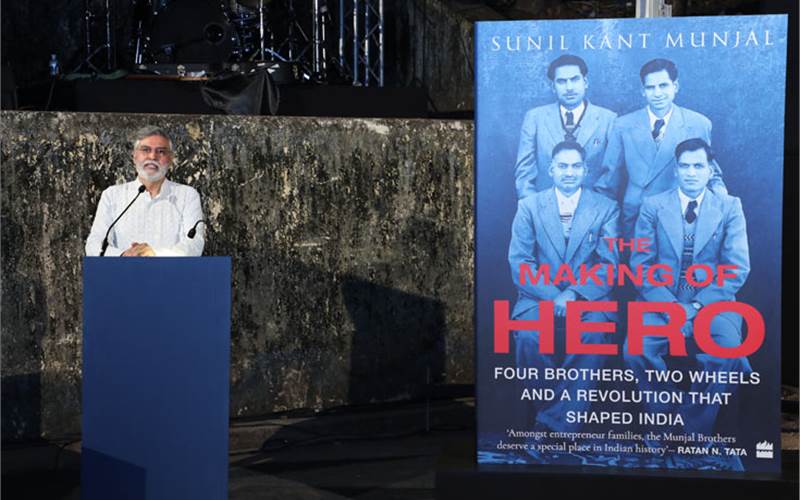
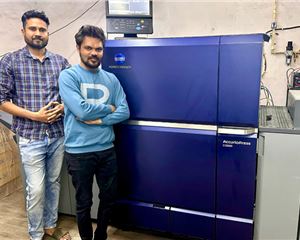
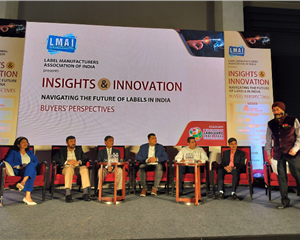
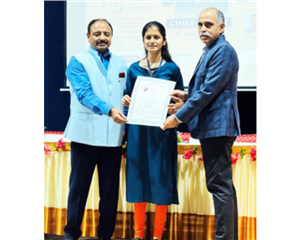
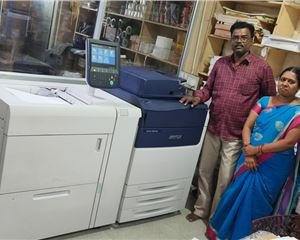







 See All
See All